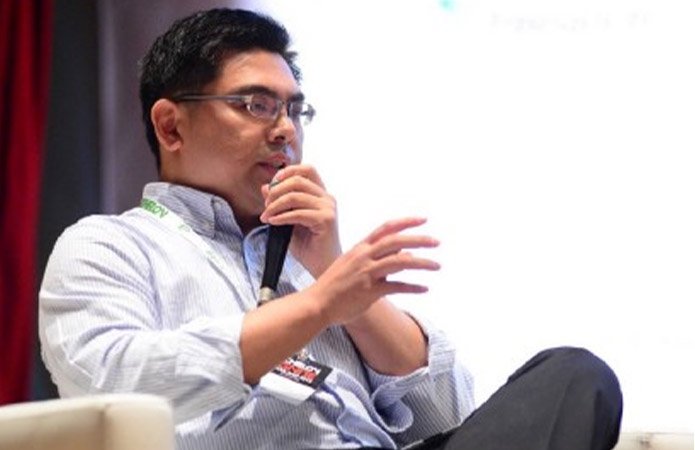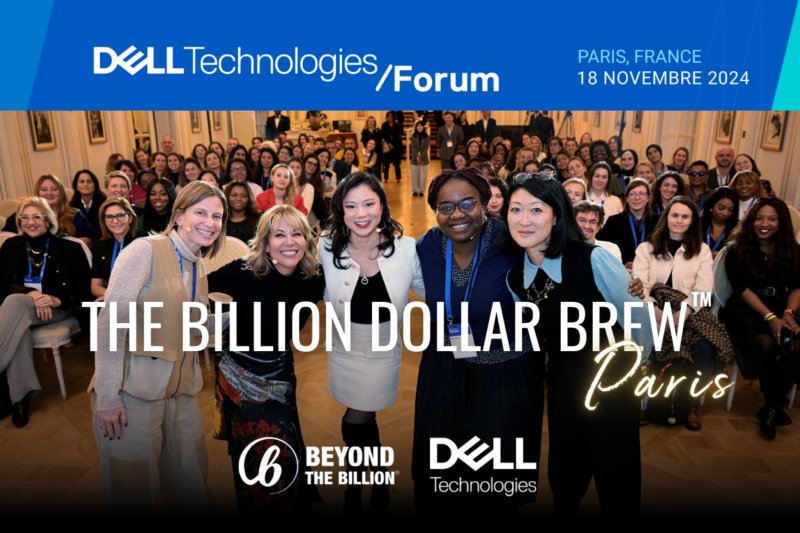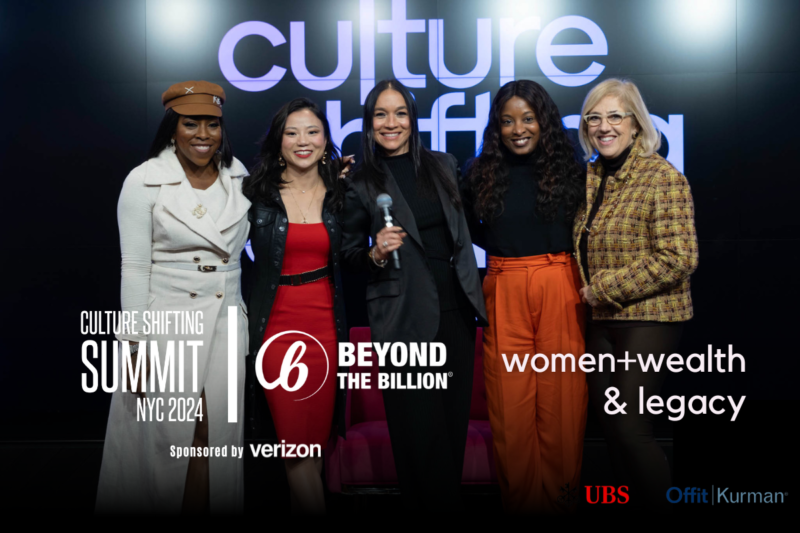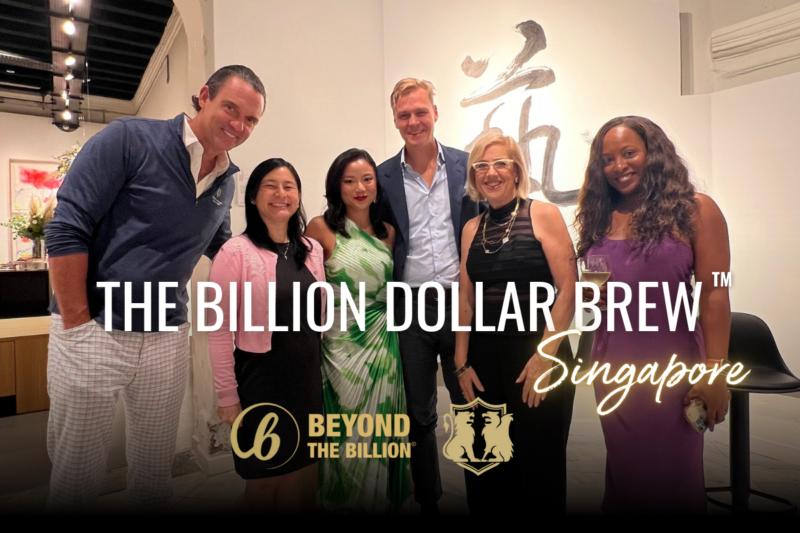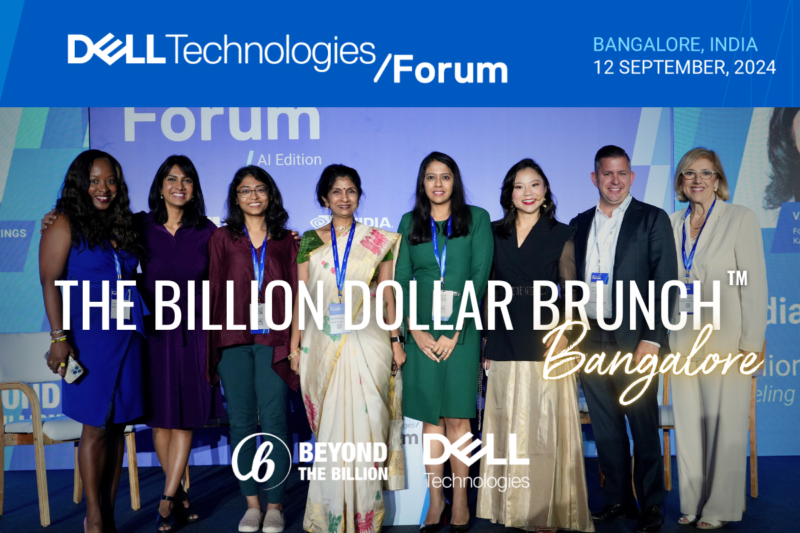Kay-Mok Ku of Gobi Partners on Diversification, Adversity, and Why Women are Resilient in Times of Crisis — A View from Asia
By: Janine Marderian
As the international community works to slow the COVID-19 pandemic, the economic effects are compounding around the world and in every sector. Venture capital is no exception, with both the public and private markets struggling to cope with the fallout. While many argue about the unprecedented nature of this pandemic, Beyond The Billion (BTB) looks to extract lessons from the past economic downturns that can inform how limited partners (LPs), general partners(GPs), and founders make decisions, structure their priorities, and leverage their resources during and after the COVID-19 crisis. What’s Next for Venture is a series of conversations that will spotlight leaders in the venture community whose insights can help show the way forward.
We asked Kay-Mok Ku, Managing Partner at Gobi Partners, for his thoughts on how the venture capital community can build resilience and increase effectiveness amidst global uncertainty. Founded in 2002, Gobi Partners works across China, Hong Kong, and ASEAN with more than US $1.1 billion in assets under management. Gobi supports entrepreneurs from the early to growth stages and focuses on emerging and underserved markets. Gobi has raised 13 funds, invested in more than 250 startups, and has ten offices across Bangkok, Beijing, Ho Chi Minh City, Hong Kong, Jakarta, Kuala Lumpur, Manila, Shanghai, Singapore and Tokyo. Gobi has always been strategic in identifying high-potential founders, and together with Beyond The Billion, has furthered its commitment to female founders: by allocating $50M to be deployed by the end of this year.
Kay-Mok shared how the challenges of fundraising in the 1990s as a minority entrepreneur in the United States piqued his interest in female founders, who, as a function of the additional barriers they often face relative to their male counterparts, have experienced adversity and come out the other side with valuable investment opportunities. He also told us how Gobi has coped with economic pressure in the past, what qualities differentiate successful founders, and why he sees the current crisis as an opportunity to unlock future value.
BTB: While the Global Financial Crisis began in the United States, its implications were felt around the world. What economic pressures impacted Gobi during the 2007–2010 period?
KMK: During the Global Financial Crisis, Gobi was operating in China where the consumer market was experiencing significant growth. With the rise of business-to-consumer activity, the increases in advertising and marketing fueled a booming media sector, which is where Gobi focused its investments prior to the crisis. Gobi found a niche in outdoor advertising, working with companies like DMG to provide advertising in China’s rapidly expanding subway systems. But when the financial crisis hit, the first thing that firms cut was their marketing and advertising expenditure. Gobi went through a tough time during this period because it was heavily exposed to this advertising market. In fact, things were so difficult that Thomas Tsao, Gobi’s Founder and Managing Partner, stepped in as interim CEO of DMG to manage the fallout of the crisis (you can read the Harvard Business Review’s case study on Gobi and DMG here).
In the wake of the financial crisis, Kay-Mok Ku joined Gobi with the purpose of diversifying the China-centric investment firm by expanding into Southeast Asia. While the region had seen significant growth during the 1990s, when the venture capital market took off in China, investors had relatively little interest leftover to make a venture play in Southeast Asia. While other firms were focused exclusively on their existing activities during the crisis, Gobi’s team saw this gap and recognized the opportunity to diversify into a new market.
BTB: How did this strategic move change your approach to fundraising? Did your Limited Partner (LP) profile change during this time?
KMK: Going into Southeast Asia felt like a risky move compared to the proven market in China. U.S. investors were confident in the case studies coming out of China and had fewer success stories to reference in Southeast Asia. So for Gobi, pursuing an emerging market required us to branch out from our existing LPs. To do this, Gobi approached governments in Singapore and Malaysia, which had active economic development and innovation programs. With the goal of restarting and bolstering VC activity in the region, these government-driven fund-of-funds partnered with firms like Gobi to identify promising startups in the region. Gobi bootstrapped its Southeast Asia activity from a small $7M fund to the major player that it is today, with more than $1B AUM.
BTB: What was most important to your founders? What did they need from you during this time?
KMK: At the time, consumer strategy in China often involved replicating and applying the consumer trends that were taking off in the United States. But the copy-and-paste model wasn’t the right fit for the emerging markets of Southeast Asia where consumers were more price sensitive. For example, the larger economic factors created an environment where micro-payments are more appealing for most consumers than the subscription models. A lot of our founders were coming to us looking for this sort of advice: how do I take best practices and models from other parts of the world and adapt them to the context of Southeast Asia?
On the micro-level, the needs of founders are the same. For example, they need a sounding board. This is especially necessary for solo founders who are faced with making tough decisions alone. This is where founders look to venture firms that can share best practices and advice from their whole range of experience and insight.
BTB: What qualities or characteristics differentiated your founders who were able to successfully navigate economic pressures?
KMK: Founders who are paranoid tend to do better. The nature of the relationship is such that VCs often take a pessimistic outlook; they see a lot of failures and even expect them in any given portfolio of companies. Founders, on the other hand, are more optimistic: this is the only thing they have on the table and therefore, they are driven to succeed. In many ways, this optimism is necessary and a good thing. However, it can also be a liability. Taking an excessively optimistic view in our current crisis — say, for example, believing the pandemic will certainly end by a certain time — can be very dangerous. Founders who are instead preparing for a second or third wave rather than assuming things will resolve will be better prepared.
The second thing is resilience. Founders who face many challenges, even during fundraising, are more prepared to handle problems in the future. They’ve been through tough times, so when tough times come again, they will know what to do. Founders who have raised funds more easily may be caught off-guard: they may have burned through cash quickly and easily without really knowing if the business model works.
The last quality is coachability. During tough times, entrepreneurs have to be willing to listen to advice. They’re focused on their own startup and can develop tunnel vision; founders who are coachable recognize their limited vantage point and want to hear from others who can help them see the big picture.
BTB: What have you seen from women founders during times of crisis? Do you find higher levels of resilience due to the challenges they have experienced previously?
KMK: Women founders generally perform better. The personal demands on women entrepreneurs are always tougher; some investors find those demands concerning, but we see their experience managing an out-sized family workload as a positive sign. They are already accustomed to balancing competing priorities and handling high levels of stress and pressure. This builds resiliency, and resilience is essential to overcoming the inevitable challenges of running a startup.
BTB: How do you balance taking risks on new innovation with being conservative and preparing for Black Swan events? What’s the right calibration for founders?
KMK: Black swan events work to the advantage of startups. By their nature, startups thrive on disruption, and a crisis at its roots is a disruptive event. Crises are more fundamentally problematic for corporations with set business models that cannot easily diversify or innovate. Startups have to be nimble, and being nimble can make you a winner in a crisis.
BTB: If you could go back and offer a piece of encouragement or advice to yourself during that 2008–2010 period, what would it be?
KMK: Hindsight is always 20/20. The first thing I’d tell myself: this is the best time to invest. This is the best time to start a fund. This is the best time to be an entrepreneur.
BTB: Could you speak a little about current sentiment among your LPs? How do you frame your message to them during times of crisis?
KMK: In a time of crisis, a backward-looking approach — which is how many LPs look for proof of concept — may not be the right one. Things are being disrupted right now; corporate LPs realize that business as usual is not going to work going forward, so they’re taking a longer-term view about who the winners of the future will be.
The question we’re asking is this: when all this is over, what will resume, and what will be forced to change? The key for investors is to have a long-term time horizon.
—
To us at Beyond the Billion, it’s clear that while the pandemic presents great challenges, unique opportunities are emerging that our partner GPs and LPs are actively leveraging. The ‘shake-out’ is very real, but we know certain sectors are uniquely positioned to play a mission-critical role in the pandemic response, and the strongest companies will emerge shaping the future of our world — many of them led by women. Bottom line, we need more women founders, more women investors, and more venture investors across the spectrum committed to allocating capital to them. Beyond a moral imperative, a growing body of research demonstrates how women in the frontline are good news for business, and that we must continue to bake diversity into our DNA.
As Cédric Bisson, our partner at Teralys, says, “Gender diversity will be one of the pillars that will allow us to bounce back from this crisis”
About Gobi Partners
Gobi Partners is one of the first venture capital firms with a Pan-Asian presence across North Asia, South Asia, and ASEAN with over US$1.1 billion in assets under management (AUM). The firm, headquartered in Kuala Lumpur and Shanghai, supports entrepreneurs from the early to growth stages and focuses on emerging and underserved markets.
Founded in 2002, Gobi has raised 13 funds to date, invested in over 260 startups, and has grown to eleven offices across Bangkok, Beijing, Ho Chi Minh City, Hong Kong, Jakarta, Kuala Lumpur, Lahore, Manila, Shanghai, Singapore and Tokyo.
For more information, please visit www.gobivc.com
About Beyond The Billion
Beyond The Billion™(BTB), from the Founders of The Billion Dollar Fund for Women™ was founded to address the gender venture investment gap where women-founded teams receive less than 3% of total VC funding. In less than a year, BTB mobilized a global consortium of over 80 venture funds committed to investing $1Bn in women-founded companies. BTB’s mission is now to catalyze the larger landscape of capital, ensuring the continued capacity to invest in women-founded companies by bridging venture funds and limited partner investors. These include institutional investors such as endowments, foundations, international financial institutions, and development financial institutions; as well as strategic corporates, family offices, wealth managers, and high net worth individuals to drive the agenda and capital, collectively.
Have a success story you’d like to share?
Contact us on sarah@beyondthebillion.com
More information: www.beyondthebillion.com
About the Author: Janine Marderian
Janine Marderian Nichols is an Associate who supports Beyond the Billion’s work to mobilize investment in female founders and increase opportunity and access throughout the venture ecosystem. Currently based in Jakarta, Indonesia, Janine is an alum of Deloitte’s Government & Public Services Strategy Consulting Practice and the former Manager of External Affairs at the American Enterprise Institute. Janine holds an MBA from Georgetown University’s McDonough School of Business and a BA in Philosophy from Biola University.

